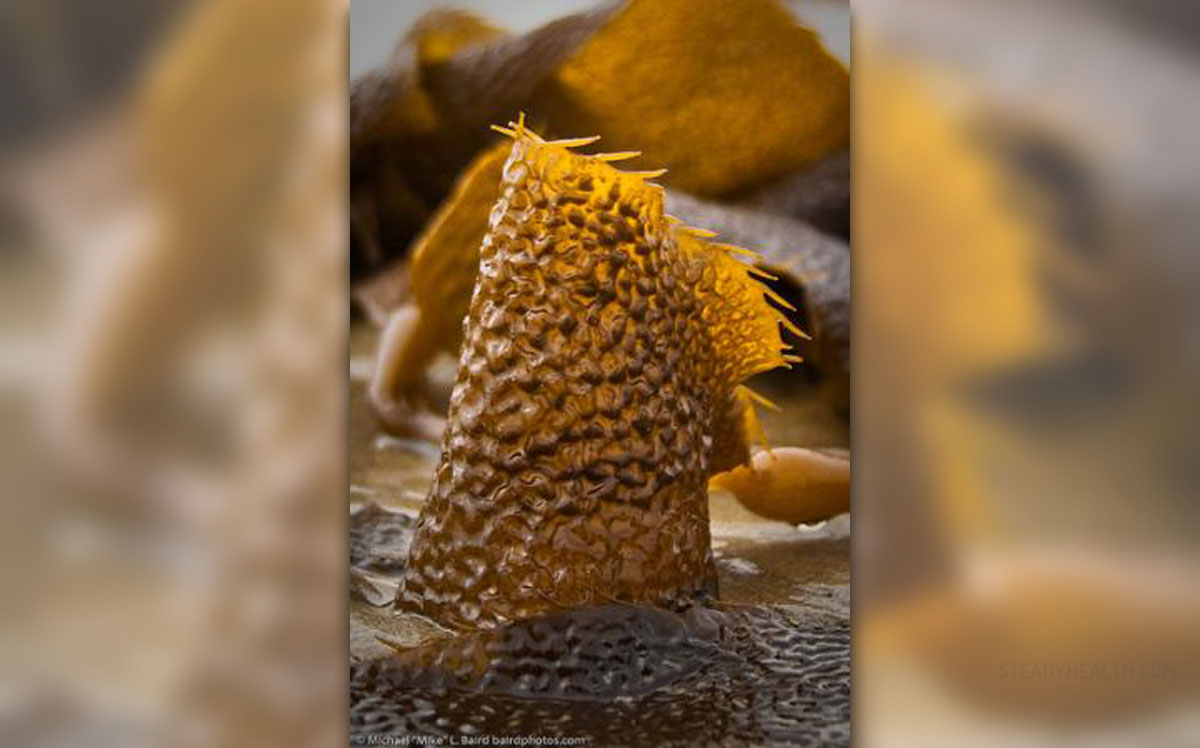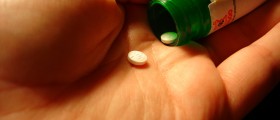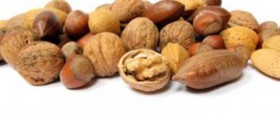
Information on Kelp
Kelp is an excellent source of numerous essential nutrients and it commonly grows in coastal and temperate areas of the seas and oceans. Kelp is one of the types of brown algae and it belongs to the order of Laminariales and it grows in a very fast manner so that it can be responsible for the creation of underwater forests of enormous sizes. It shelters and feeds a vast number of marine organisms which makes it a very important part of the marine ecosystem. It is very rich in different essential minerals and vitamins so it gets incorporated in a large number of different nutritional supplements. Excessive use can sometimes lead to some adverse effects in some cases.
Benefits
People from Hawaii, Alaska and Japan consume kelp on a regular basis because it provides them with folic acid and vitamins A, B, C, D, E, and K. It is also a great source of iodine which is an important part of normal functions of the thyroid gland. That means that kelp can be of great help for those who suffer from goiter, cretinism and hypothyroidism. Kelp is abundant in potassium, calcium, phosphorus, selenium, magnesium, zinc and iron so it can come in very handy when it comes to boosting the immune system, improving the functioning of the liver, regulating the blood pressure, regulating the functioning of the pituitary gland, lower the levels of bad cholesterol in the blood, controlling the appetite and maintaining a good health of prostrate and pancreas. It also prevents the growth of tumors and maintains the pH of the human body.
Side Effects
The most important side effect of kelp is the imbalance of the thyroid gland. This occurs because kelp contains iodine in significant amounts. Iodine helps the functioning of the thyroid gland but when ingested in excess amounts it may lead to the medical condition referred to as hyperthyroidism. Excessive consumption of kelp may also be held responsible for certain other medical conditions such as nausea and diarrhea. Prolonged use of kelp may reduce the human body’s ability to absorb different types of essential nutrients such as iron, potassium and sodium. It may also keep the levels of sugar in the blood at extremely low levels which may be dangerous for some people. Those who are allergic to kelp and those who suffer from bleeding disorders should avoid kelp. The same can be said for pregnant and breastfeeding women. Kelp supplements can be purchased in the form of powder, tablets or pills.

















Your thoughts on this
Loading...